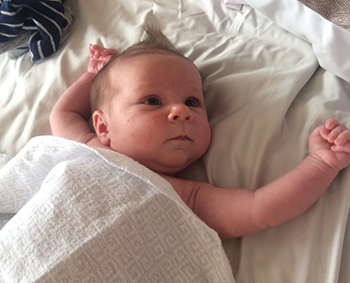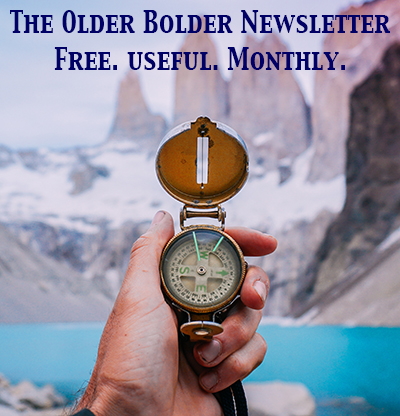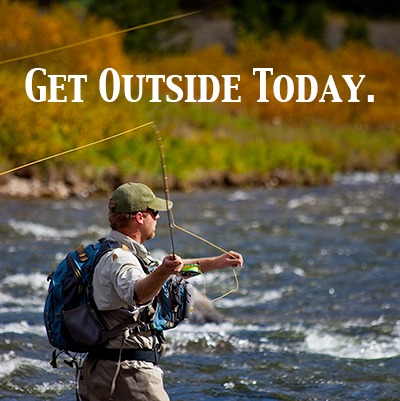Every child I’ve ever observed, whether as a medical professional or simply as an interested observer of the human condition, has always at one point or another demonstrated a profound sense of wonder and native curiosity about the world at their fingertips.
 Perhaps spending a week recently helping care for our three-week-old grandson in Montana prompted thinking about how we should marvel at the natural world around us more often (probably much more often) than we do.
Perhaps spending a week recently helping care for our three-week-old grandson in Montana prompted thinking about how we should marvel at the natural world around us more often (probably much more often) than we do.
There are countless things we all encounter daily that should stoke and provoke our sense of wonder and curiosity, and yet we’re often distracted by the urgencies of the moment or digital diversions overtly (and covertly) designed to sidetrack our thoughts and behaviors to some other end.
What I’m calling a sense of wonder here, others might simple define as curiosity.
During my years in office practice, I slowly began to realize that even in the face of profound pathology or injury, patient outcomes were most often greatly improved when said patient exhibited a great deal of interest in their condition, firing questions, reading, calling for clarifications, etc. Curiosity consistently worked in their favor, even in the face of intractable medical challenges.
[By the way, even though recent data suggests physicians interrupt patients quickly (11 seconds in this this study!), there are still some patient docs out there who’ll listen. Your mission is to find them.]
Curiosity isn’t an easy concept to measure in traditional medical-model research environments, though there’s this study that revealed correlations between curiosity and mortality, with both men and women who were deemed curious outliving their non-curious counterparts.
In the past few years there have been calls to look deeper into the psychology and neuroscience of curiosity, and even business schools (Wharton in this example) have found it useful to ponder the concept.
Flexing Your Curiosity and Sense of Wonder Muscles
I like to challenge any and everyone I spend time interacting with of late to be more curious about life in general, particularly if you happen to be someone waking up to the reality that the standard American diet isn’t intended to make you healthy, wealthy, and wise.
Ask questions; particularly ask “why” when you’re given advice, or “how” when it’s suggested you do something, or approach a problem in a particular way. Don’t “google” something, do some genuine research. Pay less attention to reviews and crowd-sourced opinions about topics and more to the science and experiential data that’s available.
Sure, you might have to do some digging, and it may take a trip to the bookstore, or heaven forbid, a library (remember those)? Pro Tip: University and medical center libraries are often great resources.
And don’t forget your play and recreation time. Delve into that art, music, or language project you’ve been putting off for years. How about learning to fly fish? I’m a devoted fly fisher in a family of fly fishers – it’s an astoundingly rich hobby, packed with artists and creative types, and with hoards of pedantic backroads of history, tradition, entomology, etc to get lost in. Fly fishing won’t save the world, but you’ll be a better person for engaging…
The more you marvel at the world around you, and the more often you flex those curiosity muscles, the better equipped you’ll be to master tomorrow, and lead, teach, and provide for those you care for.


